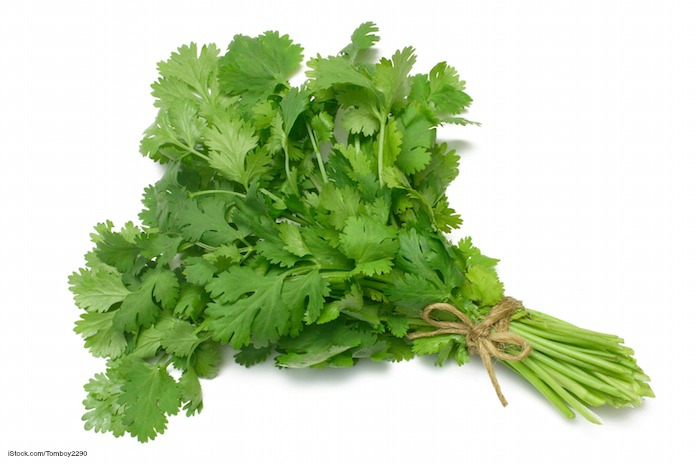The FDA has released information about the decline of Cyclospora cases in the U.S. in 2016 when compared to 2015, 2014, and 2013. FDA claims that its activities, including import alerts and testing of imported products, have contributed to that decline.

In each of the last three summers, there have been huge cyclosporiasis outbreaks in this country that have been linked to imported produce. As a result of traceback investigation by the government from 2013 to 2015, the FDA inspected farms and packing houses in Puebla, Mexico and found conditions that may cause contamination of cilantro and other produce with human feces. The FDA implemented an Import Alert for fresh cilantro from the state of Puebla, Mexico as a result of these investigations.
Cilantro imported from this region is detained and refused import into this country. Only cilantro producers on the “Green List” in Puebla are excluded from detention. Those producers must comply with 11 minimal requirements on good agricultural and food safety practices as part of Mexico’s Systems of Risk Reduction of Contamination.
The FDA has established a testing program for cilantro imported from Puebla, Mexico. The government has also conducted industry outbreak on cyclospora control and prevention strategies along with the Centers for Disease Control and Prevention (CDC).
This year, 2016, is the first full season that this Import Alert has been in effect. As a result, there are 134 lab-confirmed cases of cyclosporiasis in the United States, as compared to 319 confirmed illnesses for the same period in 2015. The total of patients sickened in 2015 was 546. Many of those illnesses were linked to the fresh imported cilantro; others were not identified.
Cyclospora is a parasite from subtropical climates. It is passed on in oocyte form in human feces. The symptoms of this illness include abdominal cramps, explosive diarrhea that can last for months, gas, nausea, loss of appetite, fatigue, weight loss, vomiting, fever, and body aches.
Unfortunately, cooking is the only way to destroy this parasite. Washing produce will not remove it, even if you use a produce wash or other additive such as vinegar or lemon juice. That is why fresh herbs and salad greens have been the cause for most of these cyclospora food poisoning outbreaks.




